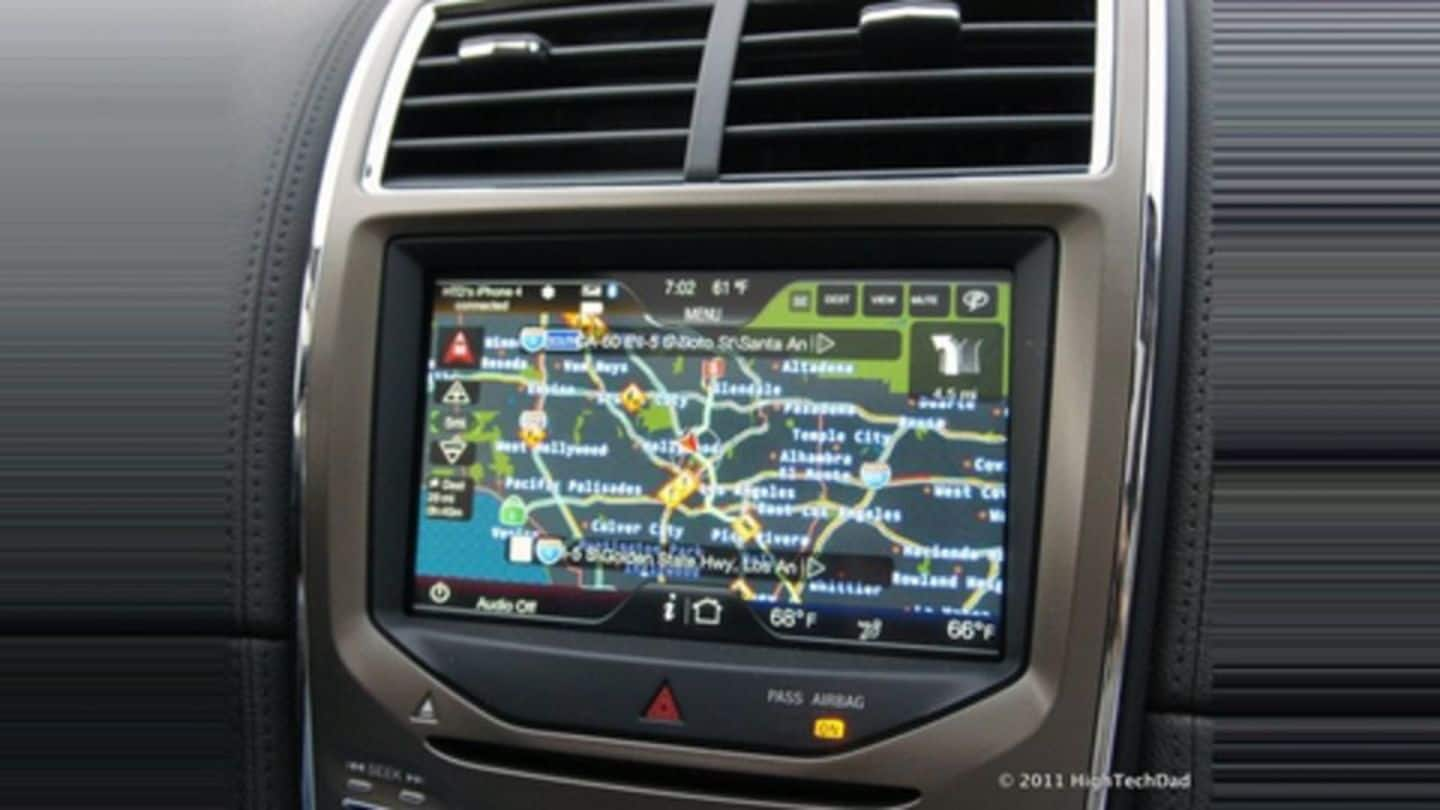
GPS that's super accurate is a modern-day need
What's the story
Google Maps are a lifesaver when you are at an unknown destination. However, often the directions provided by them, are a tad bit off the track. It's not the navigation app's fault.
The problem lies in the less-than-accurate GPS system of your device, which makes it faulty. However, from next year, GPS related problems will come to an end.
Here's how.
Chip
What is it all about?
At the ION GNSS+ conference in Portland, Broadcom, a firm that develops products for the wireless and broadband communication industry, said that it is beta-testing a mass-market GPS chip, capable of pinpointing a location with 30-centimeter accuracy.
At present, the existing Global Positioning System (GPS) is only capable of providing our consumer devices with an accuracy that hovers between three to five meters.
Broadcom
When will we get it?
This Broadcom chip will consume almost 50% less power compared to the current GPS chips. The firm informed that they have already assigned this technology to some of the smartphones, which will get launched in 2018.
However, the company is secretive about the model names of those handsets. Hopefully, we will get to hear them soon enough from the phonemakers.
Satellites
What makes it tick?
GNSS (Global navigation satellite system) satellites broadcast a signal called L1, which is an older generation technology.
Now, there is a newer generation of satellites that broadcast a more complex signal called L5 in another frequency.
The GPS chip, dubbed BCM47755, makes use of a combination of the new breed of global navigation satellite signals and old ones to provide accurate location information.
L5 signals
Why is it important?
Although there are several advanced systems that make use of the latest L5 signals, those are mostly used for industrial purposes.
Broadcom's system is going to be the first mass-market GPS chip to use both L1 and L5 signals.
Manuel del Castillo, associate director of GNSS product marketing at Broadcom, said that 30 L5 satellites, available in the orbit, will help this new system.
City
Who stands to benefit the most?
Those living in cities will find the new GPS system more helpful than others. Satellite signals tend to bounce off buildings which create problems in locating a spot accurately.
L5 signals are far less likely to get distorted by multi-path reflections than L1. So, people living in dense city areas will be able to find their desired locations more accurately with this new chip.
Navigation
Other attempts in the same direction
BCM47755 is not the first system attempting to acquire centimeter level navigation accuracy.
Back in August, this year, Bosch, Geo++, Mitsubishi Electric, and U-blox entered a joint venture, Sapcorda Services, to provide centimeter accurate location information.
Their system uses ground stations to detect errors in GPS systems and Galileo satellite signals to tackle atmospheric distortions.
NavIC
Meanwhile, India also prepping its own GPS
NavIC, the operational name for the Indian Regional Navigation Satellite System (IRNSS), is an acronym for 'Navigation with Indian Constellation.'
This name was chosen by PM Narendra Modi after the launch of IRNSS-1G satellite. It will provide users with accurate information about the locations and is set to be ready for public use by early 2018.